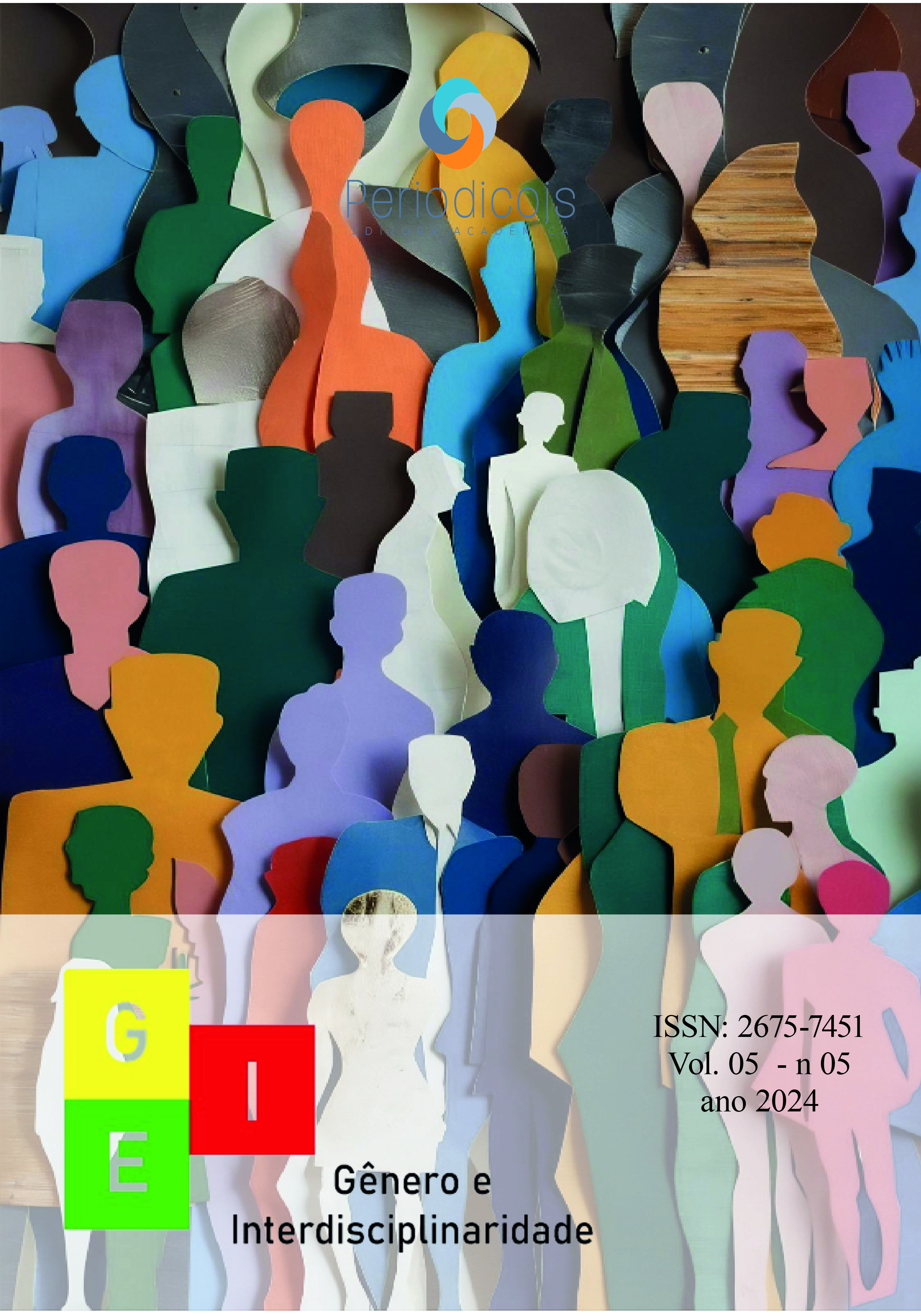Abstract
This article aims to analyze the environmental principles established in the international order and recognized by the Brazilian legal system, in particular the 1988 constitutional text, with the aim of evaluating the effects of international legislation with regard to environmental matters, based on verification of a staggered and more accentuated regulatory development in the environmental field. The aim was to define the parameters of the new world economic order and the importance attributed to the outstanding principles of precaution, sustainable development and prevention, with a view to consolidating a relevant tool for promoting environmental protection. In this sense, by synthesizing a study on the adoption and adequacy of the principle elements of the international environmental order, an investigative aspect is created to promote awareness of the primacy of an environment that receives collective care both at a global and national level. The strengthening of international environmental law was also a concern of this article, even though it was a brief analysis, so that it shows the exact notion that the issue must involve all social actors, from individuals and even the most complex state structure, with the goal of defining and applying a normative framework on environmental issues, in the international sphere and its applicability in national territory, through the due process of internalization of treaties and, in particular, the economic order in the 1988 Constitution, facing the challenges arising from growth world population and the urgent need to confront the catastrophic effects of the process of industrialization and large-scale consumption, considering environmental sustainability.
References
AGENDA 2030. Transformando nosso mundo: os 17 objetivos do desenvolvimento sustentável. www.Agenda2030.com.br. Acesso em 10 de jan.2024
Cadernos Adenauer XI (2010). n.04. O Brasil no contexto político regional. Rio de Janeiro, Fundação Konrad Adenauer, novembro, 2010.
CALDAS, Roberto Correia da Silva Gomes, TOMAZ, Carlos Alberto Simões de. Efetividade dos direitos humanos e democracia: a soberania constitucional cooperativa entre a ordem estatal e a ordem internacional na sociedade do risco e da informação. Revista Opinião Jurídica, Fortaleza, ano 18, n. 29, p.49-76, set./dez. 2020.
CORREA, Fabiano de Andrade. Marcos jurídicos para o desenvolvimento sustentável: oportunidades e desafios da via regional. Revista Pontes - Informações e Análises sobre Comércio e Desenvolvimento Sustentável, vol. 09, n. 09. Genebra: ICTSD, novembro,2013
CERVO, A. L. (2003): Política exterior e relações internacionais do Brasil: enfoque paradigmático. Revista Brasileira de Política Internacional, 52, 1 (89-109) Disponible: http://www.scielo.br/scielo.php?script=sci_arttext&pid=S0034-73292003000200001. Acessoem 10 de jan de 2024.
COSTA, Beatriz S.; REZENDE, Élcio N.; DIZ Jamile Bergamaschine M. La responsabilidad del Municipio en el Derecho ambiental brasileño por la implementación y ejecución de políticas públicas. In: Temas selectos de gestión y políticas públicas municipales en materia ambiental. LOPEZ, Tania G. (org.). Veracruz: UBIJUS, 2014.
FEITOSA, Antonio Cordeiro. Cultura e sustentabilidade em foco: a cultura da sustentabilidade ambiental. Revista Interdisciplinar em Cultura e Sociedade (RICS), São Luís, v. 2, n. 2, p. 33-61, jul./dez. 2016
FREESTONE, David and HEY, Ellen. Implementando o princípio da precaução: desafios e oportunidades. In: “Princípio da precaução”, VARELLA, Marcelo Dias e PLATIAU, Ana Flávia (orgs.). Belo Horizonte: Del Rey, 2004.
FUKUYAMA, Francis. Construção de Estados, governo e organização no século XXI. Tradução de Nivaldo Montigelli Jr. Rio de Janeiro, Rocco, 2004.
JONAS, Hans. Technology and responsibility: Reflections on the new tasks of ethics. Ethics and emerging technologies. London: Palgrave Macmillan UK, pp.37-47, 2014
MATA DIZ, Jamile Bergamaschine; CALDAS, Roberto Correia da Silva Gomes. Contratos administrativos à luz de novas formas de gestão e da sustentabilidade: por uma concretização do desenvolvimento sustentável no Brasil. A&C – Revista de Direito Administrativo & Constitucional, Belo Horizonte, v. 16, n. 65, p. 249-275, jul./set. 2016. Disponível em: http://www.revistaaec.com/index.php/revistaaec/article/view/ 267/632. Acesso em: 12 jan. 2024.
REICHARDT, Fernanda V.; SANTOS, Mayara R.A. (In)eficácia do princípio da precaução no Brasil. USP, Instituto de Estudos Avançados, v.33(95) p.259-270, 2019.
SACHS, Ignacy. O Desenvolvimento Sustentável: do conceito à ação, de Estocolmo a Joanesburgo. In: Proteção Internacional do Meio Ambiente, Marcelo Varella e Ana Flavia Barros-Platiau. Brasília: UNICEB/UnB/UNITAR, 2009
SAID, Edward. Cultura e imperialismo. Trad. Denise Bottmann. São Paulo: Companhia dasLetras,2011.
SANTOS, Luís Cláudio Villafañe G. A América do Sul no discurso diplomático brasileiro. Rev. Bras. Polít. Int. 48 (2). 2005, pp. 185-204. Disponível em: www.scielo.br/pdf/rbpi/v48n2/a10v48n2.pdf. Acesso em 10 de janeiro de 2024.
SOARES, Guido Fernando Silva. Direito internacional do meio ambiente: emergência,obrigações e responsabilidades. 2ª ed. São Paulo: Atlas, 2003.
SPAREMBERGER, Raquel Fabiana Lopes, SIQUEIRA, Éder Renato Martins. O acesso à informação como prevenção de danos ambientais na sociedade de riscos. Revista Páginas de Direito, Porto Alegre, ano 20, nº 1398, 2020. Disponível em: https://www.paginasdedireito.com.br/artigos/todos-os-artigos/o-acesso-a-informacao-como-prevencao-de-danos-ambientais-na-sociedade-de-riscos.html.Acessoem12dejan.2024.
SZAZI, Eduardo. Terceiro Setor. 4.ed. São Paulo: Peirópolis, 2006.
VARELLA, Marcelo D. Direito Internacional Econômico Ambiental. Belo Horizonte: Del Rey, 2004.





